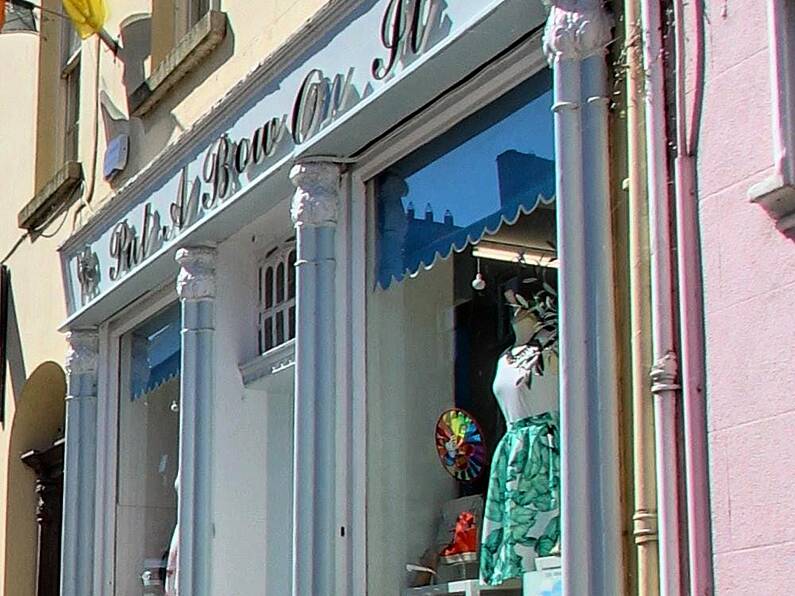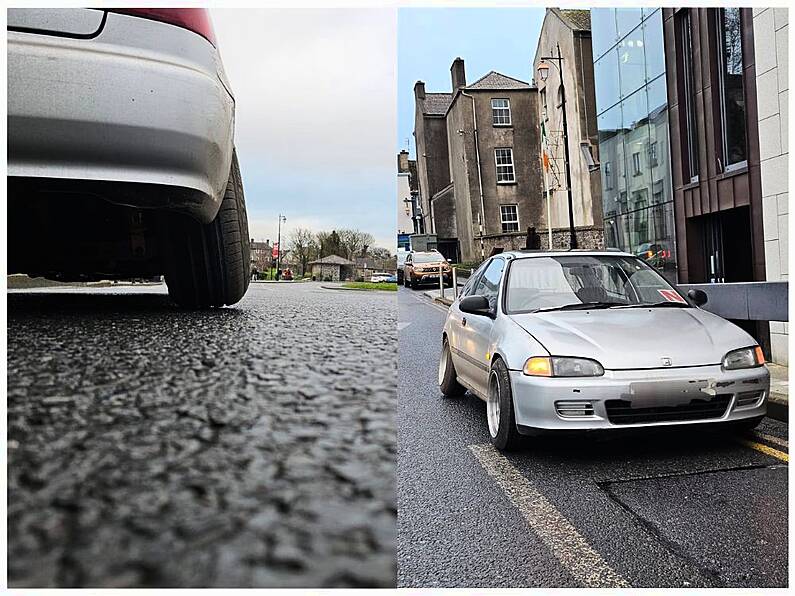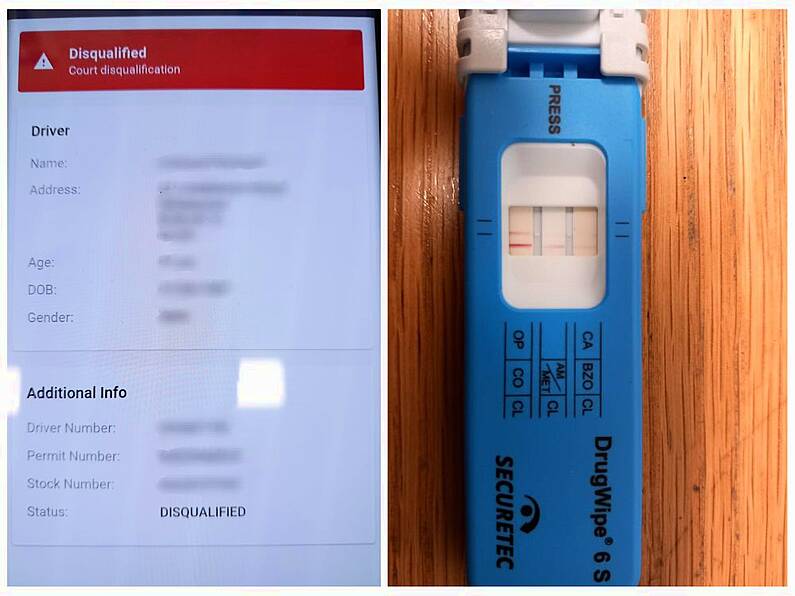It’s hard to believe it’s nearly Easter, as it felt like we just celebrated Christmas a few weeks ago. While most of us take part in chocolate egg hunts, are reunited with friends and family and sit down to a roast, a lot of us are also financially unprepared for Easter.
Before we know it, we are hit with the cost of overpriced chocolates, gifts, food and drink for entertaining, weekends away and purchases they may not be necessary from stores with offers of Easter sales.
As a father of three, I know only too well the challenge of entertaining kids over this festive period and the costs can rack up. My eldest child is 13 and there is the challenge of what to do to get him away from two weeks of Fortnite or Fifa games. One of the things I am going to do is encourage my son, by doing chores, to earn pocket money and to save.
For parents, this is really important for the child and for the parent themselves. The average cost of primary school education is around €830 each year. The cost of secondary school education rises to around €1,495 a year, or almost €9,000 over six years for one child. I tell everyone in my day job as a financial adviser, that setting a budget will help from overspending.
A good example of saving is putting the children’s allowance, which is currently €140 a month, into a savings plan. This would generate about €9,158 after five years. Over 12 years before your child reaches secondary school, without any injection from communion or confirmation money, the savings amount to a whopping €25,032.
By college, the savings would amount to €42,012, which should be enough to get them through before they start earning.
Even though we are in a world of extremely low-interest rates, these savings are based on an average rate of return of 3.3% a year, which is not pie in the sky in my view.
Insurance companies offer plans that can provide for returns over a longer period, subject to the normal caveats of course.
One in three families now rely on loans to help finance their children’s education due to rising school costs. The number of parents taking out a loan to cover primary school costs has doubled.
For those of us that have had to borrow to finance the children’s education or other needs, my advice is to work off clearing these loans before starting any savings.
It’s easy to indulge and overspend over the holiday period, especially if you are off work over this period.
However, credit cards should be treated as a monthly cash flow tool rather than a source of long-term loans.
With so much of our daily spending made on contactless cards, it’s all too easy to lose track.
People who check their bank balances every day tend to be people who don’t overspend.
If you are borrowing to finance educational costs, make sure you shop around for the lowest loan rate. Look beyond the banks too.
Many credit unions provide specific back to school loans. This can cut the cost of borrowing significantly from around 10% per annum to as low as 6%, saving hundreds of euro even on a small loan.
Another piece of advice is to watch spending on small things.
Start by organising payments for your mortgage or rent, pension and savings at the start of the month or around pay date, and then live your life after that. Don’t do it the other way around.
And stop smoking to save around €9,000 a year.
Finally, start an emergency fund. Things often go wrong in life and you need to be prepared.
No matter how much you owe, or have to pay off on your credit card, having an emergency fund is key by putting aside a small amount every month.
Shopping around is essential and avoid last-minute impulse purchases.
Smart planning will ensure you have more than just chocolate eggs in your pocket on Easter Monday.
Nick Charalambous is managing director of Alpha Wealth, independent financial advisors in Cork and Dublin






